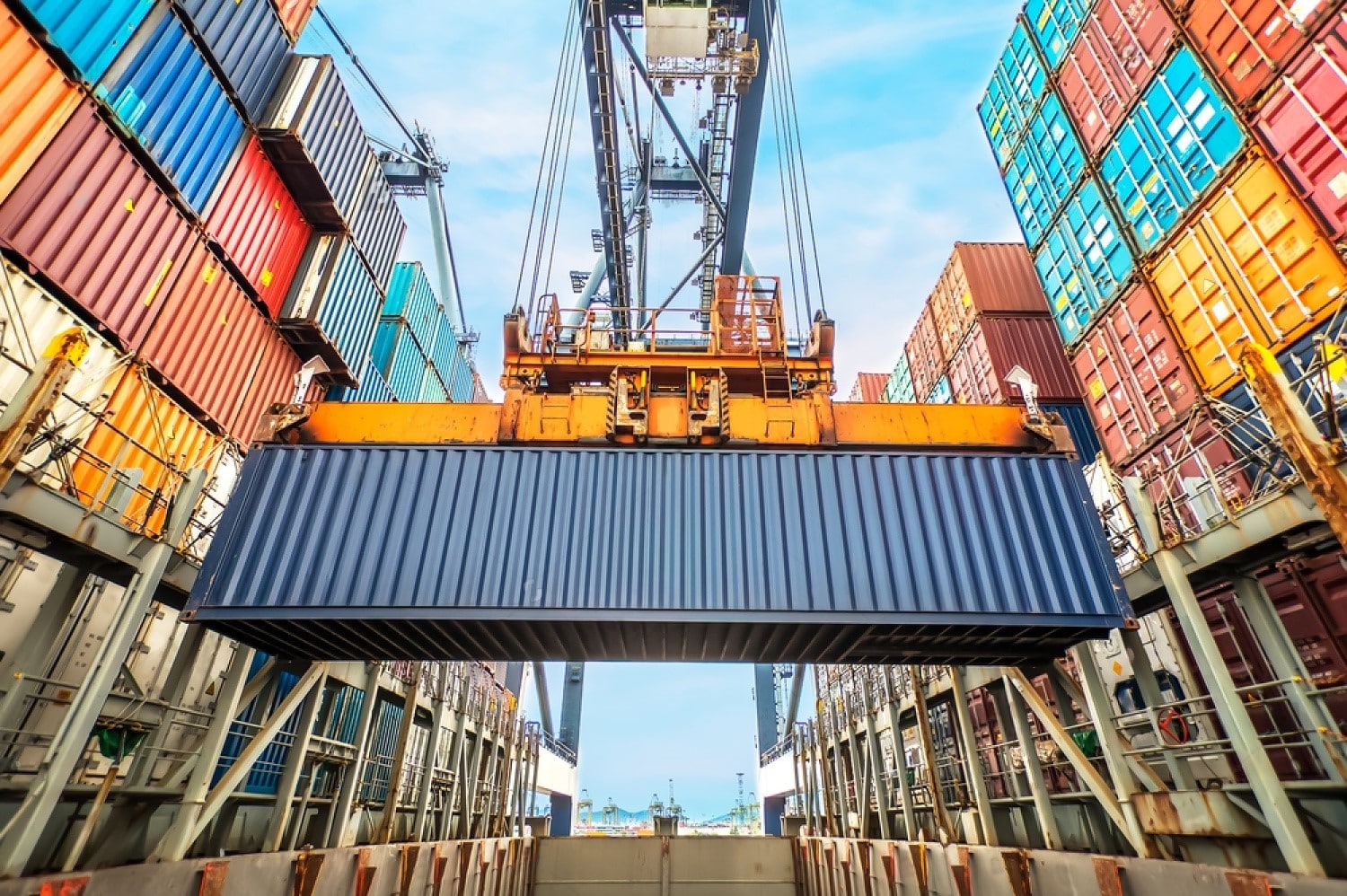Navigating Supply Chain Disruptions: Challenges in the Global Agri-Commodity Market

The global agri-commodity market plays a vital role in feeding the world’s growing population. However, it is not immune to supply chain disruptions that can arise from various factors. From climate change and geopolitical tensions to transportation constraints and technological shifts, the challenges are multifaceted. In this blog, we will explore the significant challenges the industry faces and the strategies that industry players are adopting to navigate these disruptions effectively
Climate Change and Agricultural Vulnerability
Climate change has emerged as one of the most significant challenges affecting the agri-commodity market. Extreme weather events, such as droughts, floods, and unpredictable growing seasons, can severely impact crop yields and quality. Agricultural supply chains are vulnerable to these disruptions, leading to reduced production, increased costs, and potential food shortages
Geopolitical Tensions and Trade Restrictions
Geopolitical tensions and trade disputes can disrupt the smooth flow of agri-commodities across borders. Tariffs, sanctions, and changing trade policies can lead to market uncertainties, affecting both producers and consumers. Import-export dynamics are greatly influenced by these tensions, leading to shifts in demand and supply patterns and impacting the overall market stability
Transportation and Logistical Challenges
Efficient transportation is crucial for the agri-commodity market, but disruptions in logistics can create bottlenecks. Challenges like port closures, container shortages, and labor strikes can hinder the movement of goods, causing delays and increasing costs. These disruptions ripple through the supply chain, affecting storage, distribution, and delivery timelines
Technological Disruptions and Digital Transformation
The ongoing digital transformation is altering traditional supply chain practices in the agri-commodity market. While technology brings efficiency, it also introduces vulnerabilities. Cyberattacks, data breaches, and system failures can disrupt operations and compromise sensitive information. Balancing technological advancements with robust cybersecurity measures is a challenge that industry players must address
Solutions and Strategies
Diversification and Local Sourcing: To mitigate the risks of supply chain disruptions, companies are diversifying their sourcing locations and collaborating with local farmers. This approach helps reduce dependency on a single region and ensures a consistent supply of agri-commodities
Resilient Infrastructure: Investing in resilient infrastructure, including storage facilities, transportation networks, and cold chain systems, helps buffer against disruptions. Well-equipped infrastructure minimizes losses during unforeseen events
Data-Driven Decision Making: Utilizing data analytics and predictive modeling enables companies to anticipate disruptions and make informed decisions. Real-time insights help optimize supply chain operations and respond promptly to emerging challenges
Sustainable Practices: Implementing sustainable agricultural practices enhances resilience against climate-related disruptions. Crop diversification, soil conservation, and water management contribute to long-term stability in the supply chain
Collaboration and Partnerships: Collaborating with stakeholders across the supply chain fosters shared responsibility and proactive problem-solving. Partnerships with logistics providers, technology firms, and regulatory bodies can enhance agility in navigating disruptions
The global agri-commodity market faces an array of challenges arising from climate change, geopolitical tensions, transportation constraints, and technological shifts. However, with strategic planning, innovative solutions, and a commitment to resilience, industry players can successfully navigate these disruptions. By embracing sustainable practices, investing in infrastructure, and fostering collaboration, the agri-commodity market can ensure a stable supply of essential goods and contribute to global food security